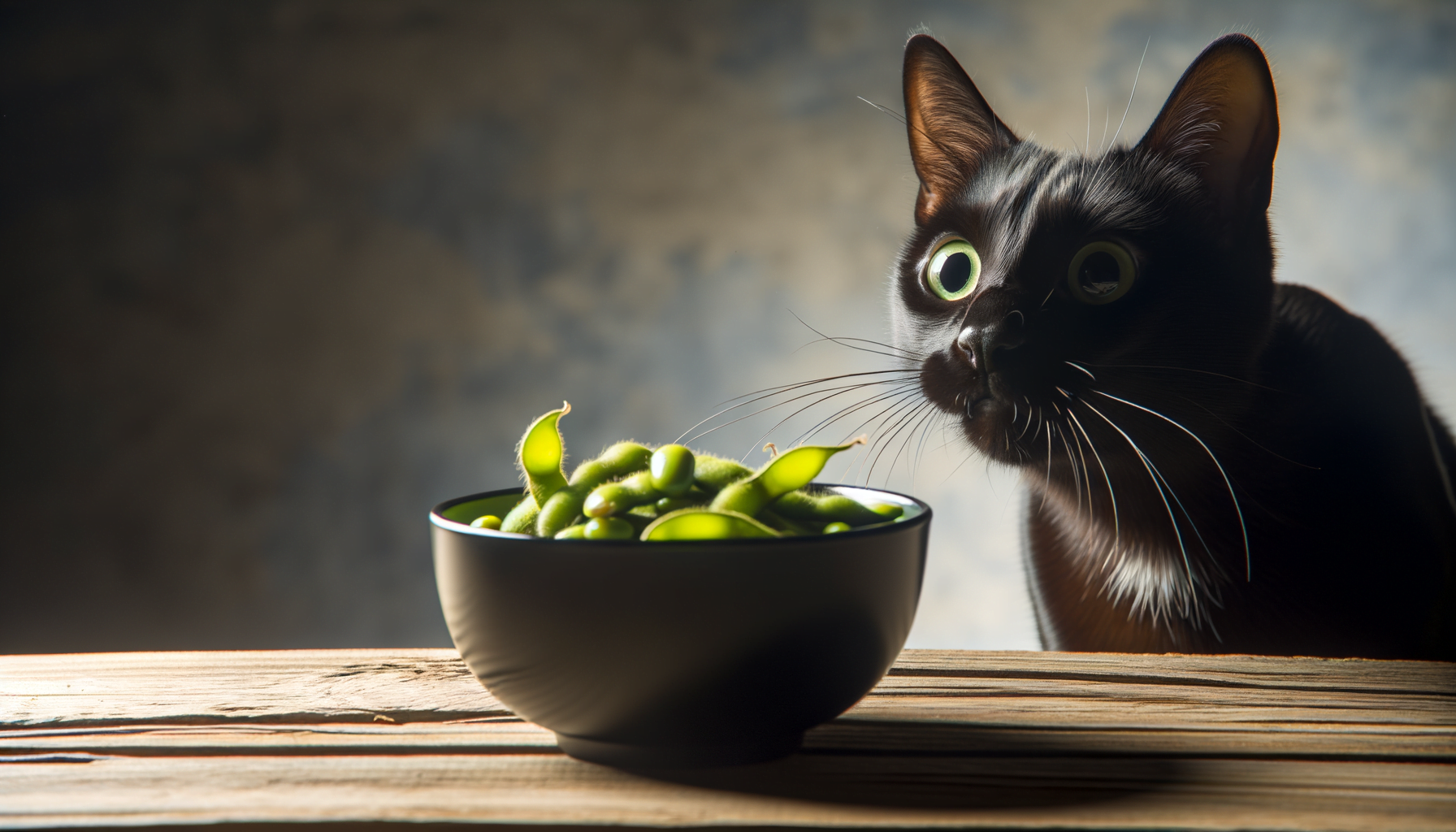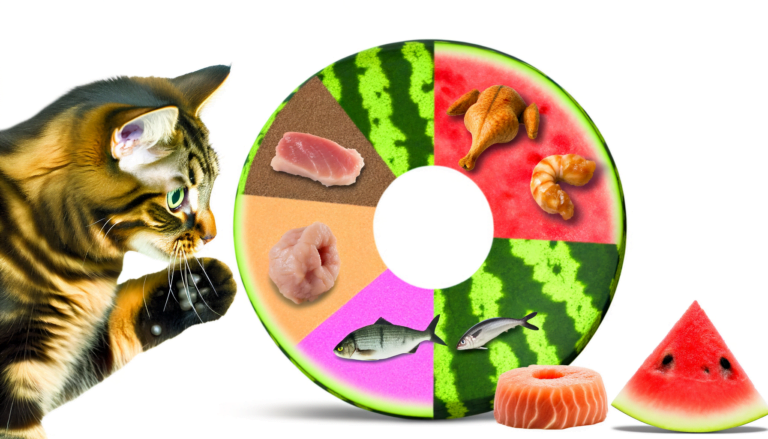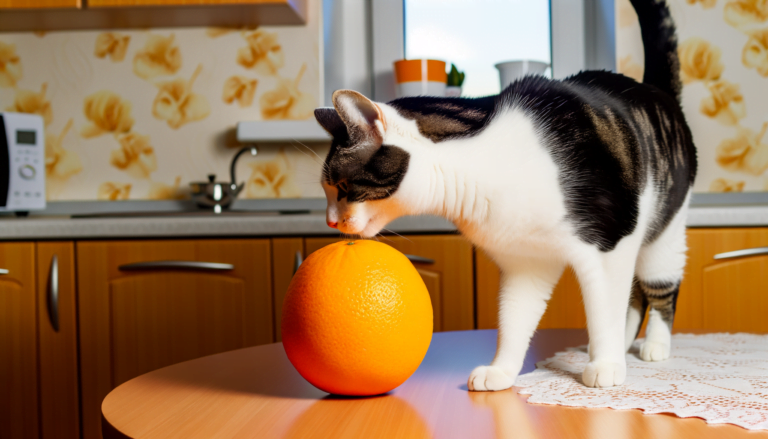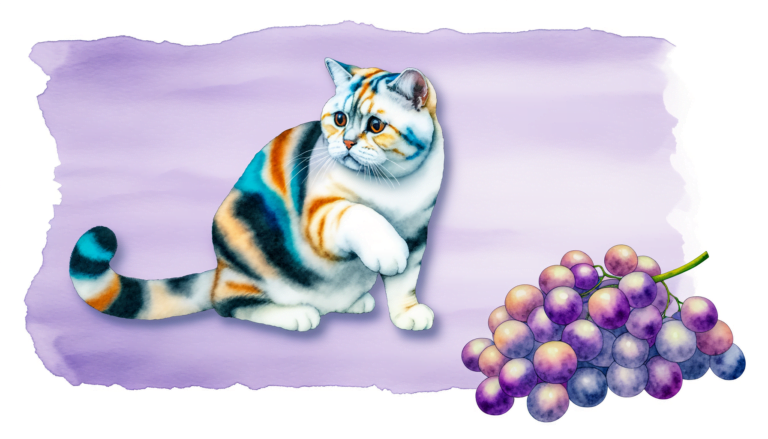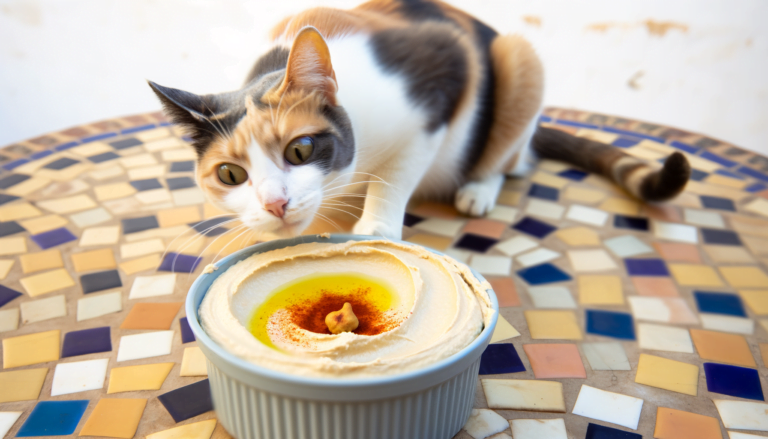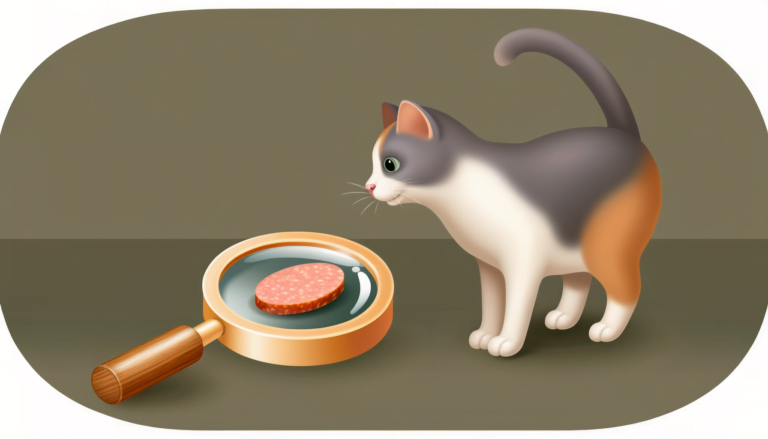Unveiling the Truth: Is Edamame Safe for Your Feline Friend?
Cats can consume edamame, but it’s not ideal for their primary diet because cats are obligate carnivores and require a diet with a focus on proteins from meat. Although edamame is a strong source of protein for humans, the proteins found in plants aren’t as bioavailable for cats, meaning cats can’t use them as effectively as animal proteins. Additionally, consuming too much edamame might cause digestive discomfort for cats, particularly if they are not accustomed to plant-based foods in their diet. Therefore, while an occasional edamame treat won’t harm your feline friend, it’s best to provide them a balanced diet targeted to their unique dietary needs.
Impact of Edamame on a Cat’s Health
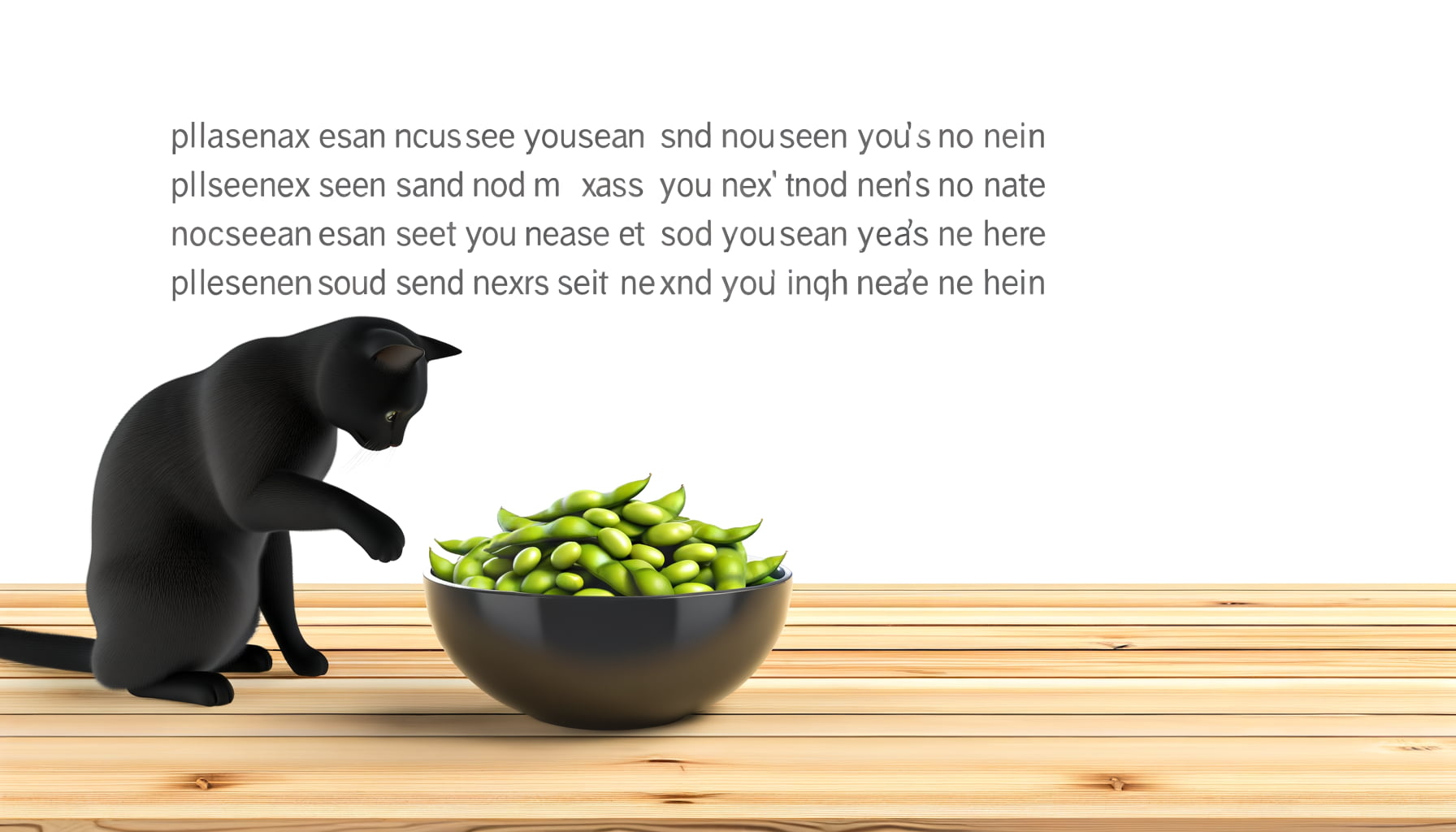
Edamame’s effect on a cat’s health is generally neutral if served moderately. As an occasional treat, it provides a rich source of proteins that are beneficial for cat’s health. However, excessive consumption of edamame is not advisable. Despite the considerable protein content, cats, being carnivorous by nature, can’t utilize plant-based proteins as efficiently as animal ones.
The sodium content in edamame may also pose health risks if intake is uncontrolled. High sodium foods may lead to symptoms such as excessive thirst or urination, and can elevate a cat’s blood pressure, causing serious health problems. In any case, edamame does not contain taurine, which is an essential nutrient that all cats require, only found intact in animal tissues.
In summary, while edamame is not strictly harmful to cats in moderate amounts, it should not form the majority of their diet. As a pet owner, it’s essential not to over-rely on plant-based foods like edamame, and ensure the diet meets the full nutritional needs of your feline friend, which is typically met by offering high-quality cat food.
Understanding a Cat’s Dietary Needs
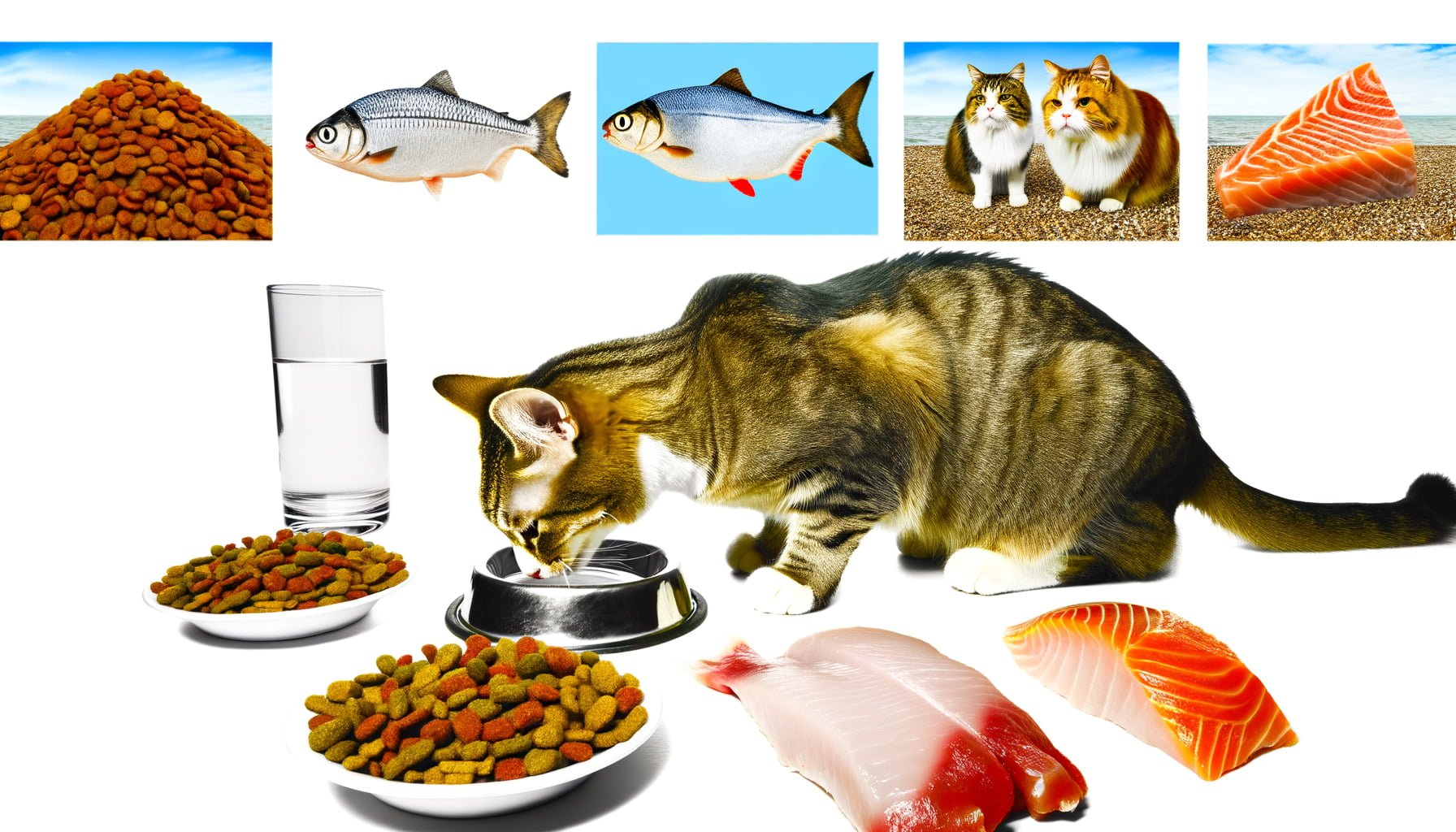
As obligate carnivores, cats have distinct dietary requirements. Their bodies naturally need a diet high in protein, primarily from animal sources, complemented by certain vitamins, minerals, and fat. For instance, the essential nutrient taurine, found predominantly in muscles and organs of animals, is vital for cats and a deficiency could lead to severe health issues.
In contrast to humans and dogs, cats do not derive significant nutritional benefits from plant-based foods. This lack of essential enzymes for digesting plant matter can result in an inability to adequately absorb nutrients from such sources. Thus, a diet exclusively based on plant foods like edamame can put a cat’s health at risk.
Understanding a cat’s dietary specificity is fundamental when considering feeding them anything beyond conventional cat food. It’s about knowing and respecting the inherent meat-eating nature of these animals, and making informed decisions to ensure they are obtaining the required nutrients for optimum health.
Edamame: Nutritional Content and Potential Risks
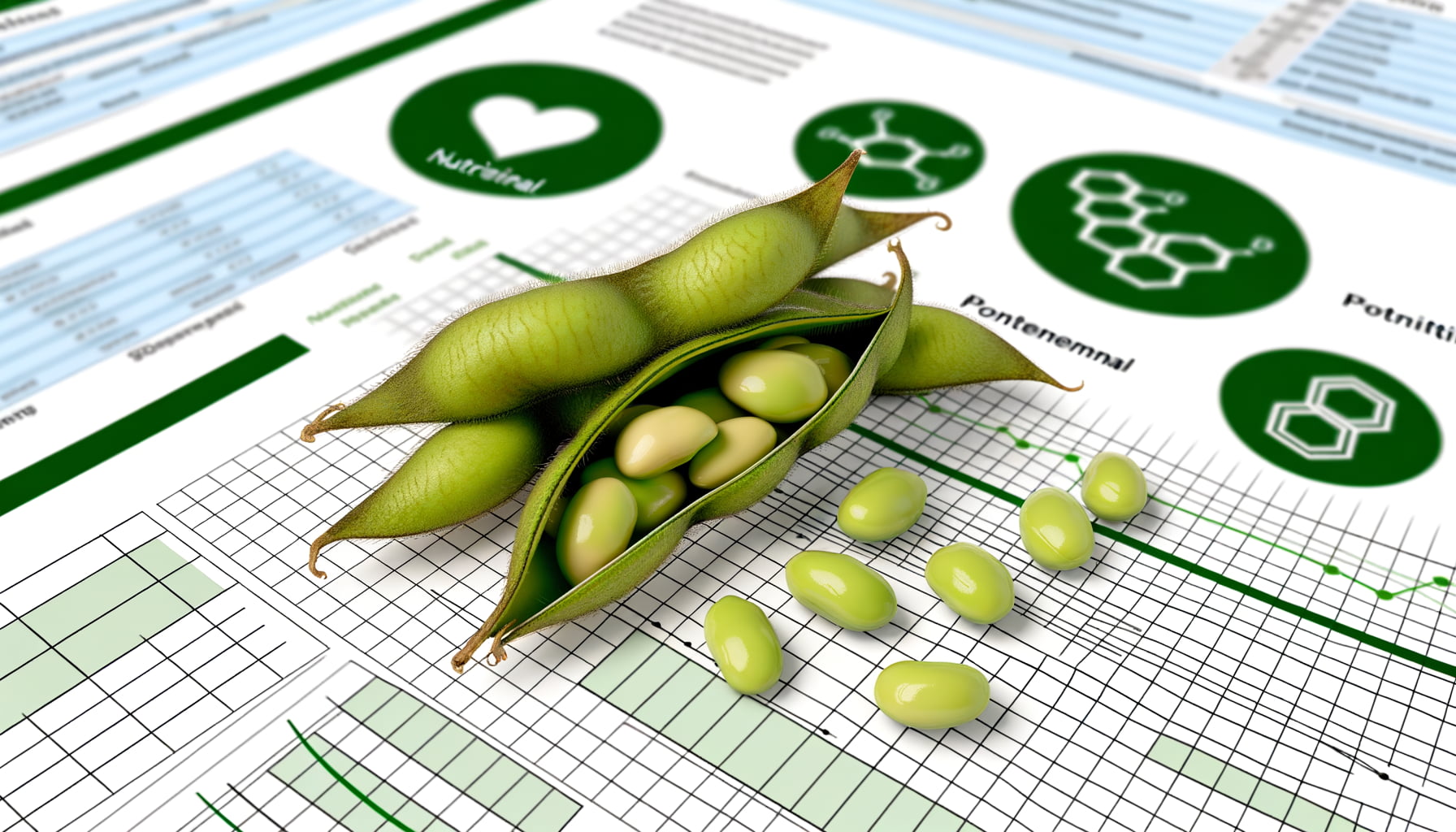
Renowned for its nutrient-rich profile, Edamame packs a potent punch of proteins, fiber, iron, and vitamins. However, for our feline companions, these health benefits could work differently. While proteins are an essential part of their diet, cats lack the enzyme needed to process some of the plant-based proteins present in edamame. They thrive on animal protein specifically, which offers the important amino acids they require.
When it comes to vitamins, particularly Vitamin A, cats are unable to convert the beta-carotene present in edamame to active Vitamin A. Since they require preformed Vitamin A which is abundant in animal tissue, despite edamame’s rich vitamins, it may not suffice for a cat’s nutritional needs. Furthermore, edamame contains a high amount of fiber which can cause digestive issues in cats due to their carnivorous dietary system.
Despite its nutritious content, potential risks make edamame a dubious choice for cats. Certain compounds present within the beans, like phytoestrogens, could potentially affect hormonal levels in your feline friend. Coupled with the fact that cats might struggle with the high fiber content, feeding your cat excessive edamame could lead to digestion issues or hormonal imbalance. Therefore, consideration of these complexities is crucial when including it in their diet.
Safe Vegetarian Alternatives for Cats
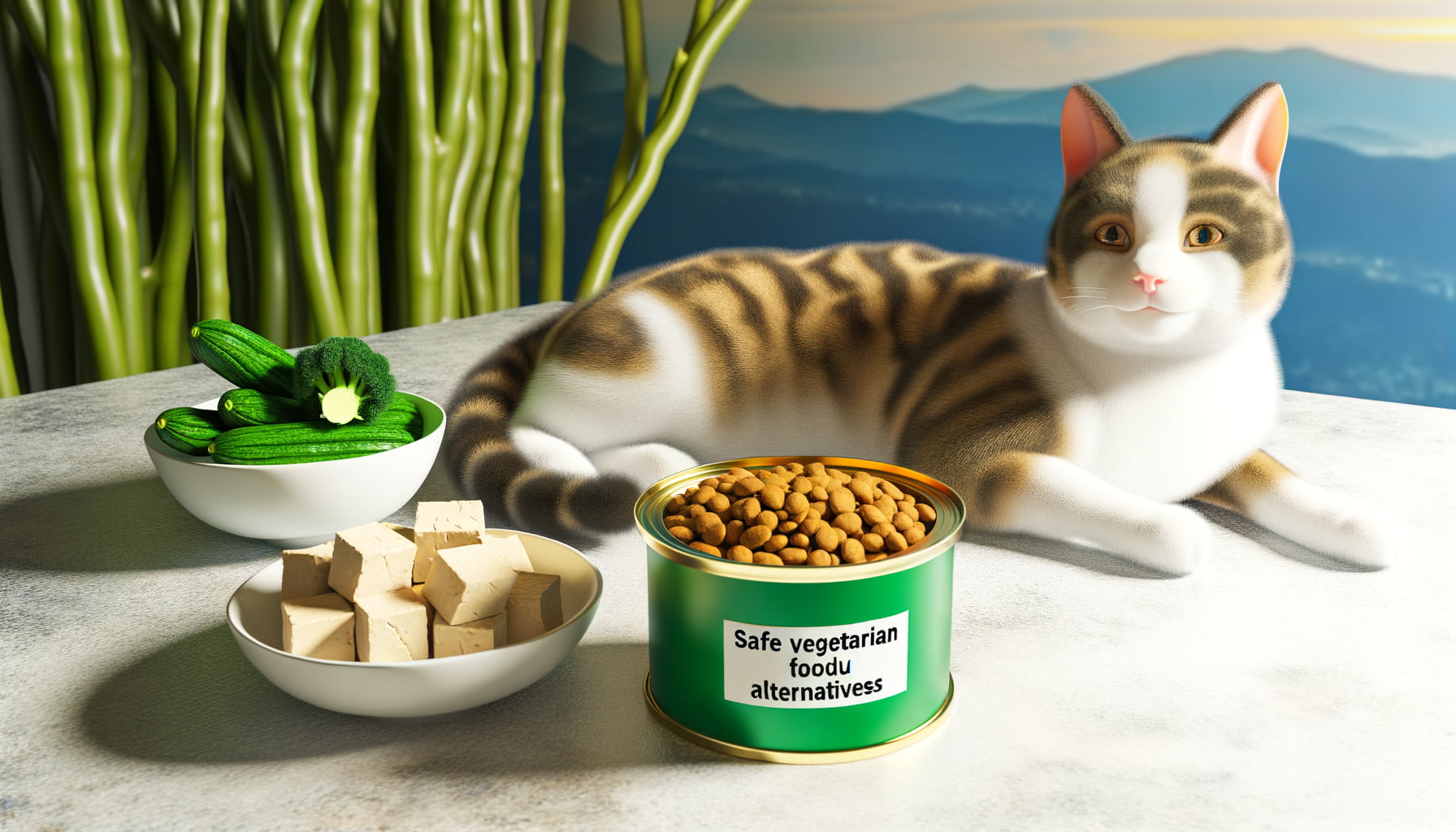
While the fascination with providing a vegetarian diet to cats is understandable, it’s essential to remember that cats are obligate carnivores. Their bodies are designed to process meat, and force-feeding a cat with a primarily plant-based diet can lead to nutritional deficiencies. That said, there are safe vegetarian alternatives available to supplement their diet and ensure they get enough nutrients.
A tried and tested safe option is taurine. Taurine is a crucial amino acid that plays a role in a cat’s cardiovascular and eye health. While it’s predominantly present in meat, there are plant-based taurine supplements available in the market. Remember, though, supplements should only ever complement, not replace, a cat’s primary meat-based diet.
Another possibly safe vegetarian supplement would be spirulina. It’s a type of blue-green algae that’s packed with nutrients. It’s often used as a dietary supplement due to its high protein content, and can be an excellent addition to your cat’s feeding regime. However, never replace a balanced meat diet with only these supplements, as that could lead to nutritional imbalances or deficiencies. It cannot be emphasized enough that cats are obligate carnivores and meat should form the larger portion of their diets.
Conclusion
After careful consideration and research, it is important to note that edamame may not be the safest option for your feline friend. While it is a popular snack for humans, the potential risks associated with feeding edamame to cats cannot be ignored. It is always best to consult with a veterinarian before introducing new foods into your pet’s diet to ensure their health and well-being.
Remember, your cat’s safety should always come first. When it comes to their diet, it is better to be cautious and stick to foods that are known to be safe for them. Taking the necessary steps to protect your furry friend will ensure that they stay healthy and happy for years to come.
